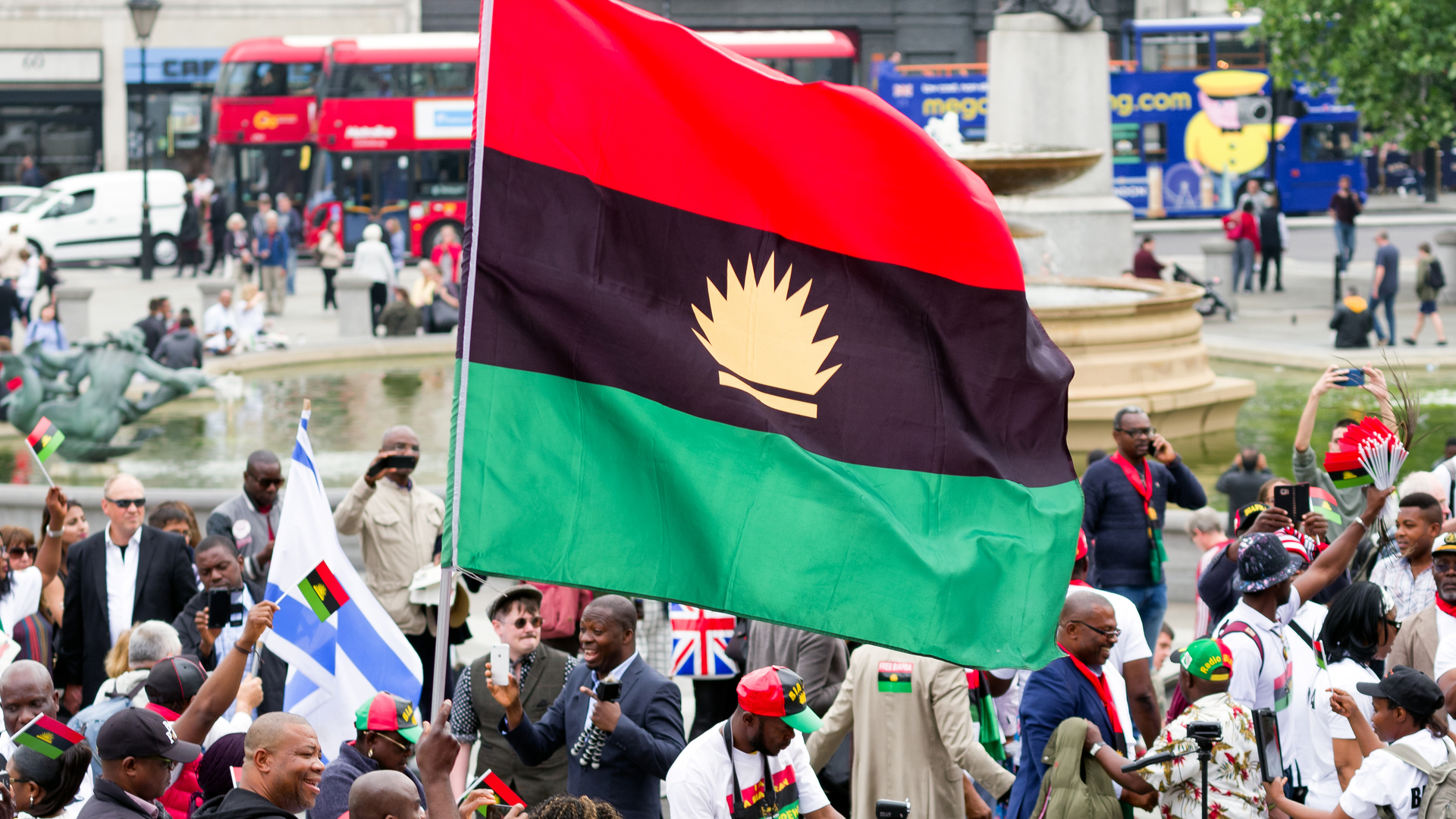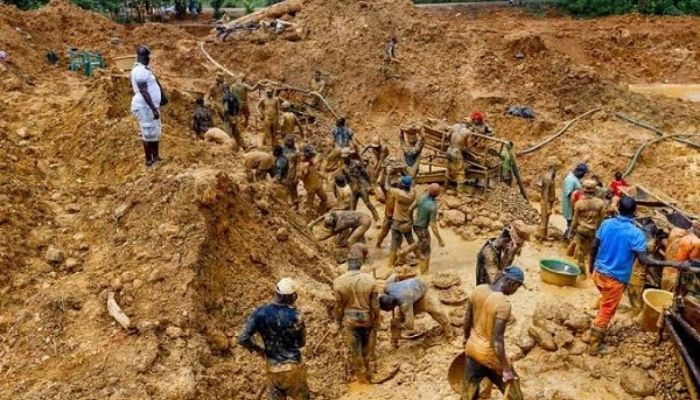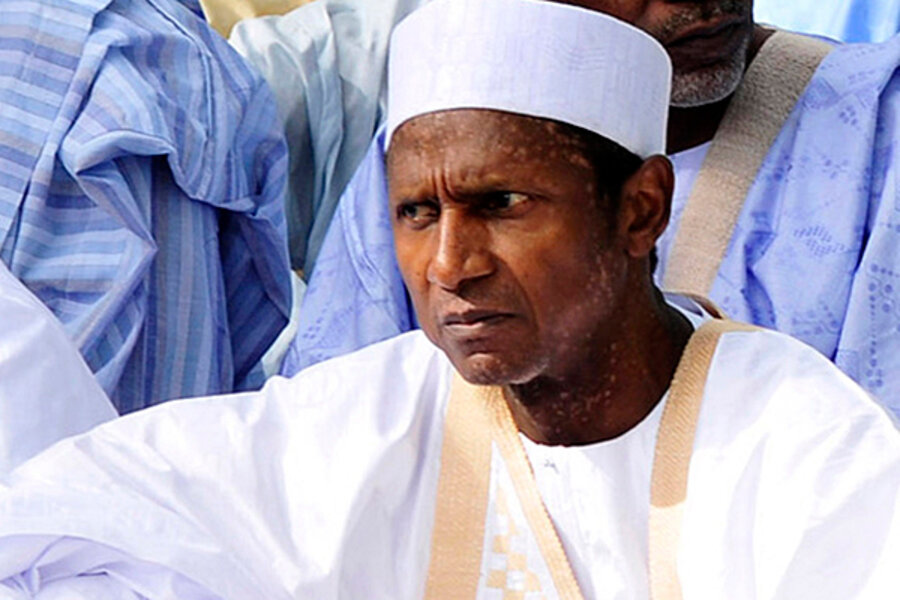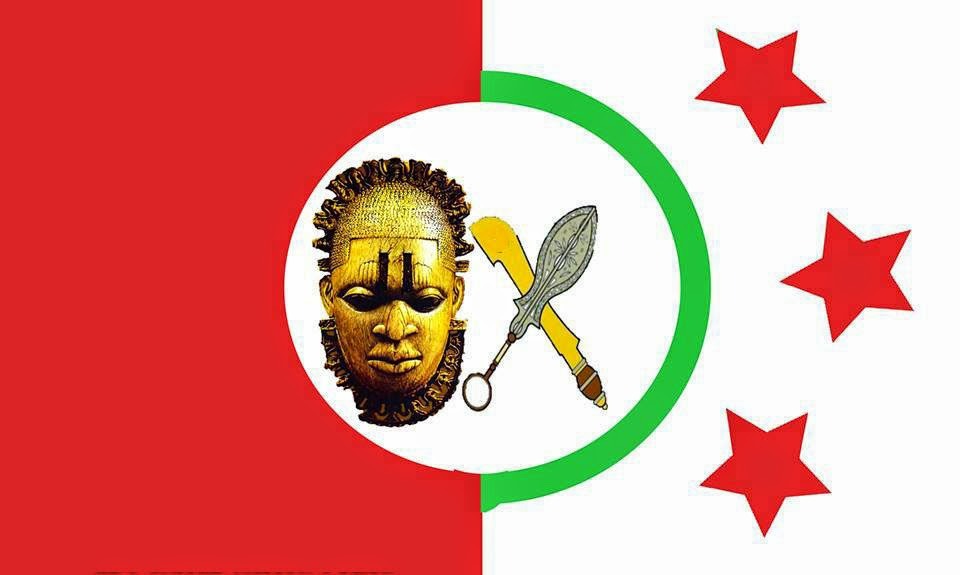Election can be viewed as the vehicle with which democracy moves. That election is an essential ingredient of democracy can, therefore, not be overemphasized. Election must not only be credible but it must be seen to be so. It is in an effort to avoid any undue influence on the activities of the body responsible for the conduct of the election, in our case the Independent National Electoral Commission [INEC], that the founders of democracy advocated for the independence of the body. The degree of independence enjoys by the body is a critical factor in the determination of its success or otherwise.
The 1999 and 2003 Presidential elections that ushered in the Obasanjo administration were marred with massive riggings and other electoral frauds. To this end, Professor Wole Soyinka once described the elections as ‘selection and re-selection. It is on record that the ruling party, Peoples Democratic Party, recorded higher figures than the actual registered voters in some units. Worse still, elections were said to have been concluded a day before the actual day of the election. In some cases, people who did not even contest primaries eventually turn out winners of the election proper. In 1999, complaints were not so loud because of the euphoria generated by the exit of the military from the political arena. In 2003, the ruling party brought their power of incumbency to bear on the outcome of the final result.
Now that the storm is gathering for another election, Nigerians expect a credible election having tasted democratic governance for almost eight years. However, the hope for a credible election may elude us once again if current happenings in and around INEC are anything to go by. Some of these issues that may mar the success of the 2007 general election will be looked into.
Notable Nigerians have expressed fears about INEC’s ability to conduct a free and fair election but INEC has always tried to allay such fears often at times labelling critics as doubting Thomas. Prominent among such people is Vice President Atiku Abubakar, who INEC called some unprintable names when he expressed his reservations about INEC. Events turn out to prove the Vice President right shortly after the exchange of hot words between the office of the Vice President and INEC. INEC publicly declared that they were cash trapped as the N20billion cheque given to the Commission bounced. In Nigeria, it is a crime to give a dud cheque but the Economic and Financial Crimes Commission is yet to bring anyone to book with respect to INEC’s bounced cheque. This would have afforded EFCC the opportunity to prove to the world that it has what it takes to fight the government on corruption.
Sometimes ago, Professor Maurice Iwu was reported as saying that he will conduct a credible election with or without funds. This is interesting. We were waiting to see the miracle Professor Iwu intended to perform until the voters’ registration exercise proved him wrong. The exercise is supposed to be a prelude to the general election slated for April, 2007. The success of the exercise would have signalled the good things we are to expect come 2007. To our chagrin, the exercise was fraught with serious failures.
The demonstration of the voters’ registration machine at the National Assembly was a colossal failure and a total disappointment. INEC officials explained that the machine was just for demonstration and not meant to handle large volumes as witnessed at the National Assembly. They were excused based on the explanation tendered. However, when the Plateau State governor went for registration, his signature could not be captured. The Minister of the Federal Capital Territory was delayed for over twenty minutes before he could be served for what would have taken less than five minutes. Vice President Atiku Abubakar could only get registered after fifteen unsuccessful trials. If the afore-mentioned VIPs could not be served promptly, the mess suffered by ordinary Nigerians who went for the registration should better not be discussed.
The electronic machines and other materials meant for the exercise are said to be inadequate. Could this be attributed to a lack of funds for the exercise? Was adequate arrangement not made before the registration commenced? What manner of preparation is this if INEC can not successfully carry out voters’ registration before the major election?
Part of the ugly scenario that reared its head is the fact that some of the officials participating in the exercise were not trained for the job. Others were trained without any of the machines for practical. This reminds me of a chap that did a computer course at the University without no PC to practice. He graduated with distinction in Data Processing but could not perform a simple computer operation when confronted with one.
Another worrisome development that calls for concern is the election timetable as announced by INEC. The general election is scheduled for the 21st day of April, 2007; and the swearing-in for 29th of May, 2007 meaning that we have an interval of thirty-nine days between the election and the swearing-in dates. Our electoral laws provide for a minimum of forty-four days. These obstacles are intentional and the motive is to create confusion so that the criminal intention of those who want to remain in power for life can be achieved.
We know that INEC cannot own up that they are hamstrung. The reason may not be far fetched. The electoral body is not independent as the name suggests but rather operates under the whims and caprices of the government. The government is very comfortable with the inherent obstacles as they will afford it the opportunity to achieve desired objectives.
We call on all well-meaning Nigerians and the National Assembly to live up to expectations by prevailing on INEC and the government to put things in order to prevent vagabonds from clinching the reigns of power again.
We can not afford to allow just anybody to rule us again come 2007 for the simple reason that we want to see the exit of the Obasanjo administration as in the case of the military in 1999. We deserve to get the best and this is the time to start the agitation.

















